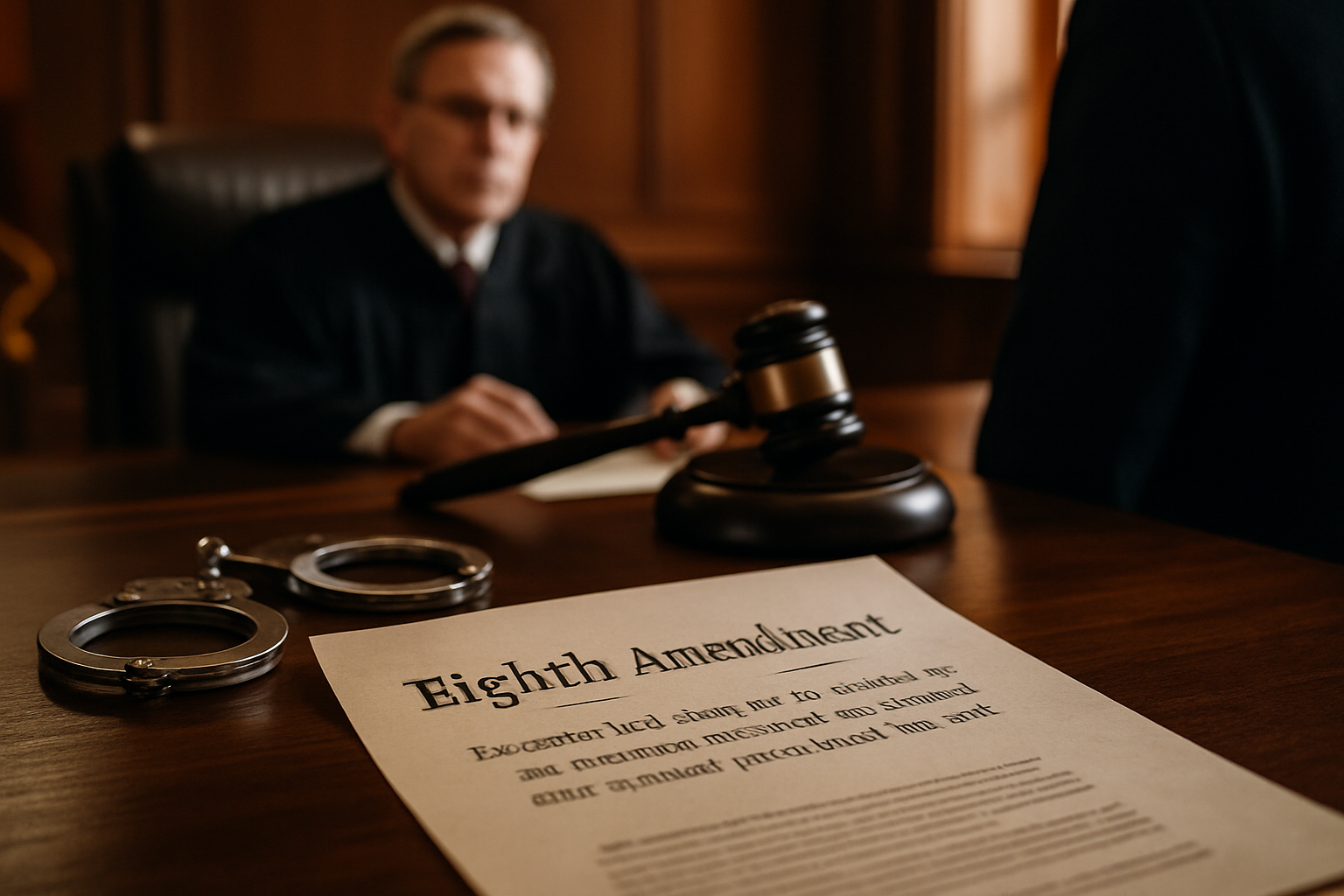The Role of Judicial Review in Shaping Democracy
Judicial review is a powerful tool in the hands of the judiciary, allowing it to examine and potentially overturn legislative and executive actions that it deems unconstitutional. This article delves into the historical context, current implications, and societal impact of judicial review, offering a fresh perspective on its role in shaping democracy.

The Historical Context of Judicial Review
Judicial review traces its roots back to the landmark case of Marbury v. Madison in 1803, where the U.S. Supreme Court first asserted its authority to review and invalidate government actions that conflict with the Constitution. This case set a precedent, establishing the judiciary as an equal branch of government with the power to interpret the Constitution and ensure that the other branches adhere to its principles.
The Current Landscape of Judicial Review
In the present day, judicial review continues to play a pivotal role in the functioning of democratic governments worldwide. It serves as a check on the powers of the legislative and executive branches, preventing them from overstepping their constitutional boundaries. Judicial review is often invoked in cases involving civil rights, environmental regulations, and administrative law, among others.
The Implications of Judicial Review
The power of judicial review carries significant implications. It empowers the judiciary to shape policy and influence societal norms by interpreting the Constitution. For instance, landmark rulings on issues like racial segregation, abortion rights, and same-sex marriage have had profound societal impacts, altering public opinion and driving legislative change.
The Impact of Judicial Review on Society
Judicial review has a profound impact on society. It ensures that the government acts within the confines of the Constitution, protecting citizens’ rights and liberties. Moreover, it fosters a culture of accountability and transparency in government, reinforcing the principles of democracy.
The Future of Judicial Review
Looking ahead, the role of judicial review in shaping democracy is likely to remain significant. As societal norms evolve and new legal challenges arise, the judiciary’s power to interpret the Constitution will continue to shape the legal landscape. However, it is crucial to maintain a balance, ensuring that the judiciary does not overstep its role and infringe upon the powers of the other branches of government.
In conclusion, judicial review is a cornerstone of democratic governance, ensuring that the government adheres to the Constitution and protects citizens’ rights. Its role in shaping democracy is profound, influencing societal norms, driving policy changes, and fostering a culture of accountability and transparency in government. As we look to the future, the importance of judicial review in maintaining the balance of power and upholding democratic principles is likely to remain paramount.






